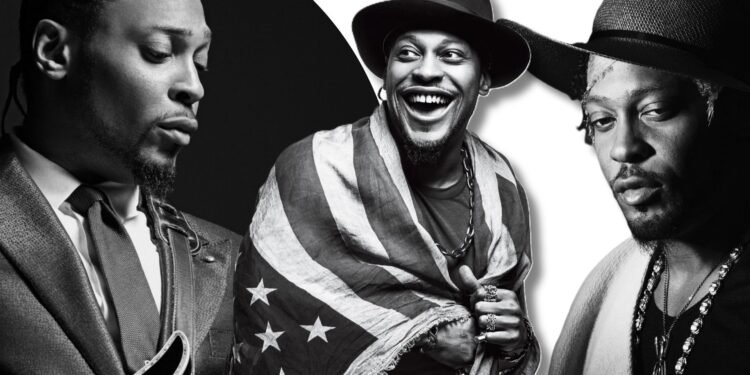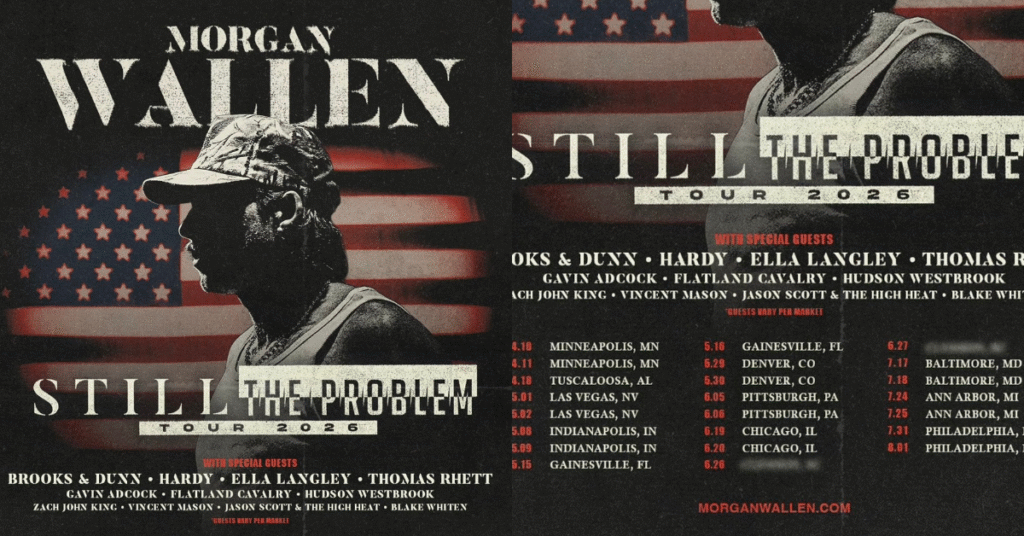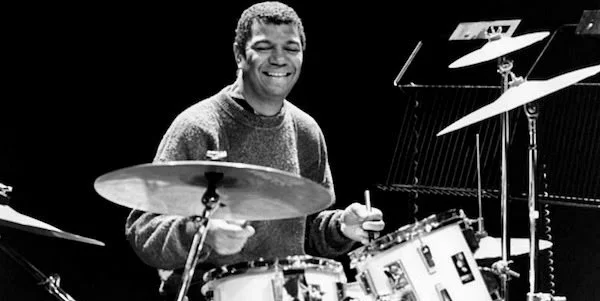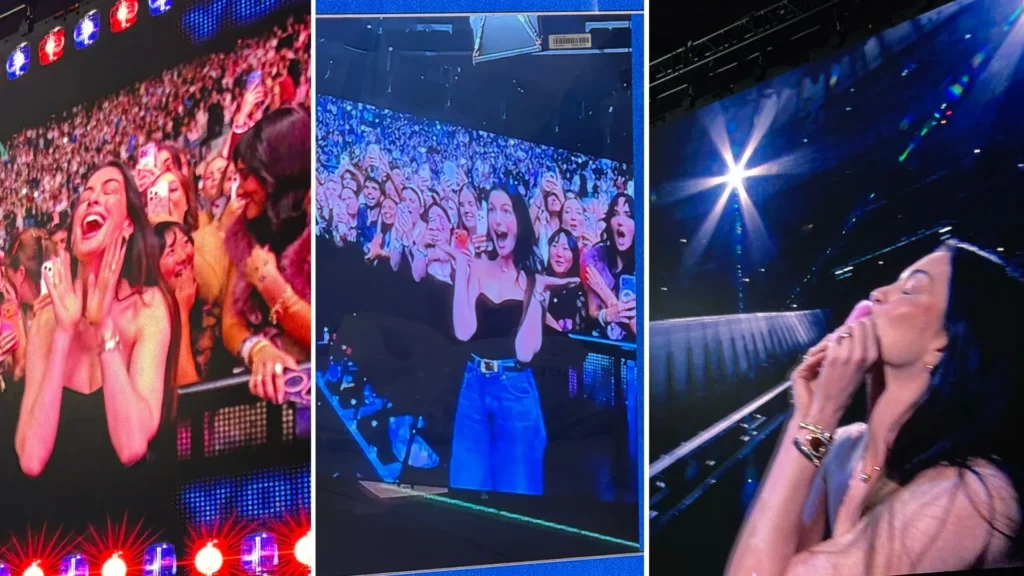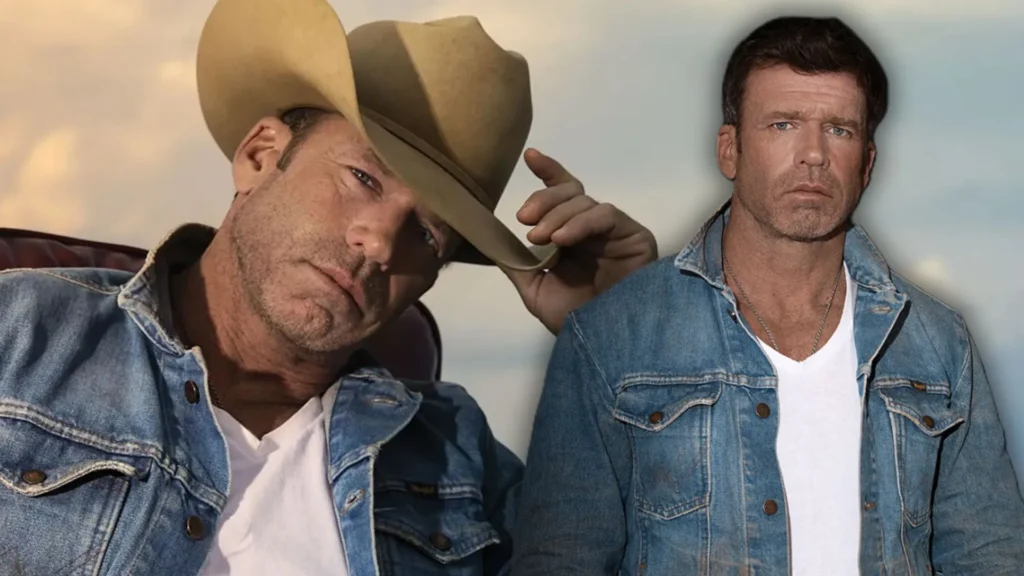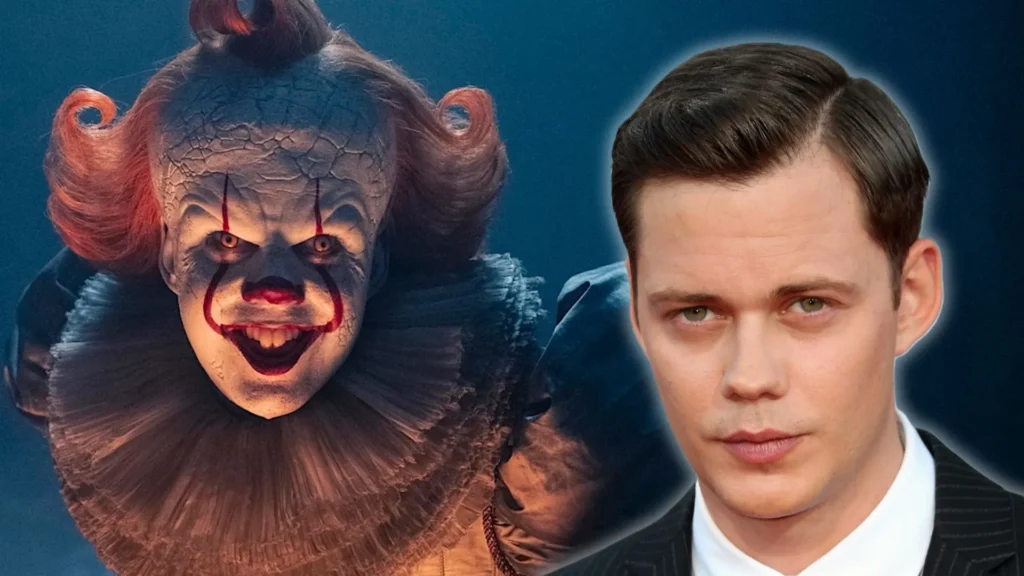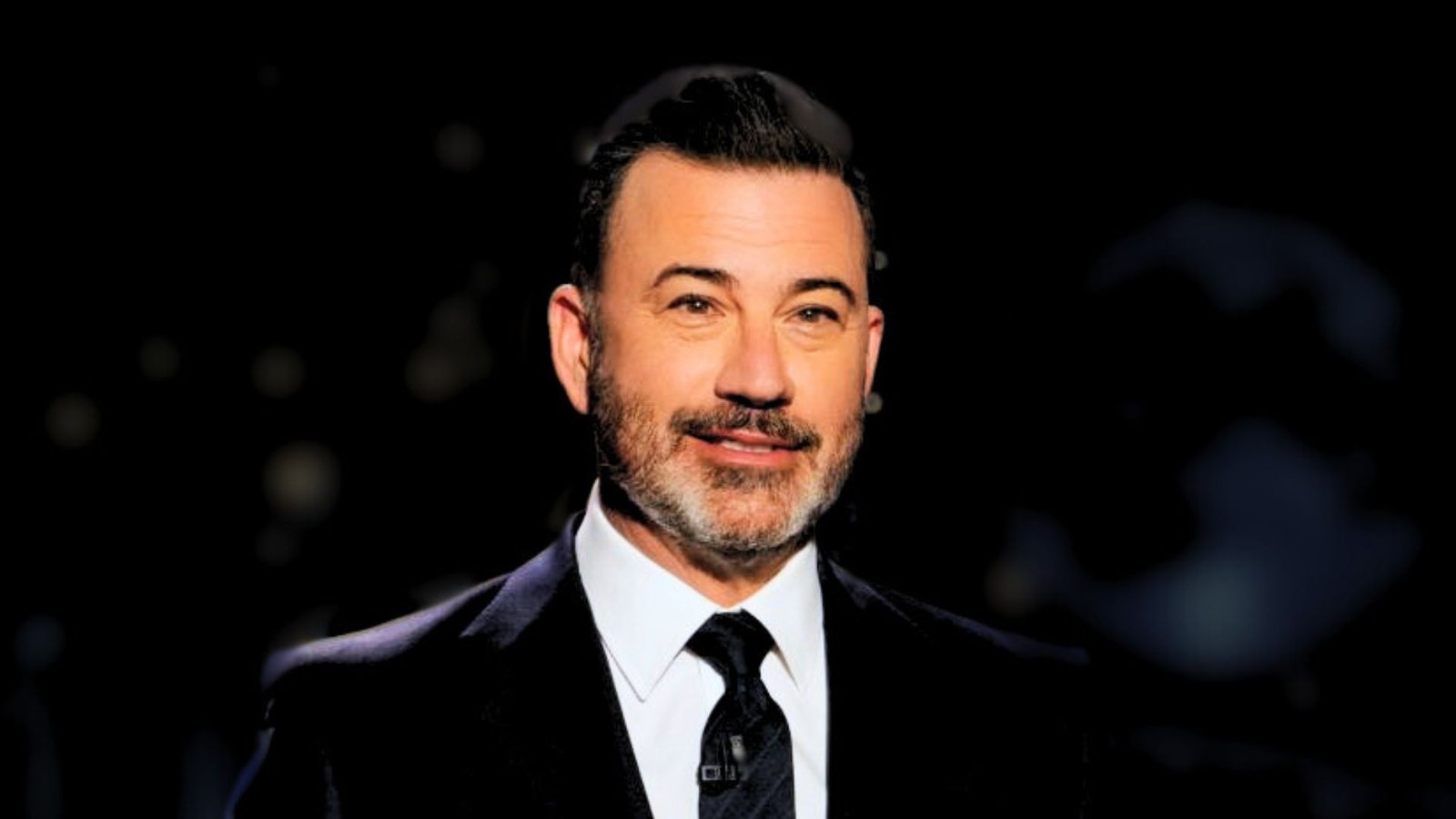In a heartbreaking blow to the music world, D’Angelo, the enigmatic R&B visionary whose sultry voice and innovative sound redefined neo-soul, has passed away at the age of 51. The Grammy-winning artist, born Michael Eugene Archer, succumbed to pancreatic cancer on October 14, 2025, after a prolonged and private battle that he fought with remarkable courage. Fans across the globe are mourning the loss of a true icon whose music captured the raw essence of love, struggle, and redemption—tracks like “Untitled (How Does It Feel)” that still send shivers down spines decades later. But who was the man behind the mystique, and how did his journey shape the soundtrack of our lives?
Early Life: From Pentecostal Roots to Musical Prodigy
D’Angelo’s story begins in the heart of South Richmond, Virginia, where he was born on February 11, 1974, into a deeply religious Pentecostal family. His father, a preacher, instilled in him a spiritual foundation that would later infuse his music with gospel undertones. By age three, young Michael was already tinkering on the piano, showcasing a natural talent that set him apart. As a teenager, he formed the hip-hop group I.D.U. (Intelligent, Deadly but Unique) and performed soul covers locally. His big break came at 18 when he won three consecutive Amateur Night competitions at Harlem’s legendary Apollo Theater in 1991 with his band Precise, prompting him to drop out of school and chase his dreams in New York City.
This early grit paid off in 1994 when D’Angelo co-wrote and co-produced “U Will Know” for the Black Men United supergroup on the Jason’s Lyric soundtrack. The track climbed to No. 5 on the Hot R&B/Hip-Hop charts, signaling the arrival of a fresh voice in R&B. Signed to EMI through industry connections, he dropped his debut album, Brown Sugar, in July 1995. It was a game-changer, debuting at No. 6 on the Top R&B Albums chart and eventually going platinum with over 1.5 million copies sold in the U.S. Singles like the gold-certified “Lady” and the title track “Brown Sugar” introduced the world to neo-soul—a blend of classic R&B, funk, and hip-hop that felt both nostalgic and revolutionary.
Career Peaks: From Voodoo Magic to Black Messiah Triumph
The turn of the millennium brought D’Angelo’s magnum opus, Voodoo (2000), released on Virgin Records. Debuting at No. 1 on the Billboard 200 with 320,000 first-week sales, the album was a critical darling, earning Grammys for Best R&B Album and Best Male R&B Vocal Performance for “Untitled (How Does It Feel).” The song’s steamy, shirtless video became a cultural phenomenon, but D’Angelo later expressed discomfort with the sex-symbol label it thrust upon him. Collaborations with heavyweights like Redman, Method Man, Lauryn Hill, and Erykah Badu added layers to his artistry, blending raw emotion with masterful production.
After Voodoo, D’Angelo vanished from the spotlight, grappling with writer’s block and personal demons. He contributed to projects like J Dilla’s The Shining (2006) and Common’s Finding Forever (2007), but fans waited 14 years for his next full album. Black Messiah arrived unannounced in December 2014, inspired by social unrest like the Ferguson protests. It debuted at No. 5 on the Billboard 200, snagging another Grammy for Best R&B Album and universal acclaim for tracks like “Really Love” and “Sugah Daddy.” Tours with his band The Vanguard followed, reminding the world of his unparalleled live prowess.
In recent years, D’Angelo stayed selective, featuring on Jay-Z’s “I Want You Forever” for the 2024 The Book of Clarence soundtrack and contributing to the Red Dead Redemption 2 soundtrack with “Unshaken” in 2018. Collaborator Raphael Saadiq confirmed in September 2024 that a fourth album was in the works, leaving fans to wonder what masterpieces were left unfinished.
Also Read – Tessa Thompson Says Chris Hemsworth Is Like a “Baby With Muscles” — He’ll “Do Anything” to Get a Laugh
Personal Struggles: Addiction, Fame, and Redemption
D’Angelo’s path wasn’t without shadows. Post-Voodoo, the pressure of fame and objectification led to a retreat. The suicide of a close friend sparked alcoholism, escalating to drug addiction. Arrests in 2005 for DUI, marijuana, and cocaine possession, plus a severe car accident, marked his lowest points. He entered rehab, parted ways with managers, and battled weight issues, all while the public speculated on his whereabouts.
Yet, D’Angelo’s resilience shone through. His 2012 European tour and Black Messiah release were triumphant comebacks, proving his artistry transcended personal turmoil. He fathered three children—a son with ex-girlfriend Angie Stone in 1998, a daughter in 1999, and another son in 2010—never marrying but prioritizing family amid the chaos.
The Final Battle: Pancreatic Cancer Claims a Legend
D’Angelo’s family confirmed his death in a poignant statement: “The shining star of our family has set, but the light of his music will forever illuminate our hearts. After a prolonged and courageous battle with pancreatic cancer, Michael has found peace. We are heartbroken but grateful for the legacy of extraordinarily moving music he leaves behind. We ask that you respect our privacy during this difficult time.”
Pancreatic cancer, known for its low survival rate, often strikes silently, and D’Angelo kept his diagnosis private, focusing on treatment away from the public eye. His passing comes less than a year after the death of his former partner Angie Stone, adding to the tragedy.
Tributes Pour In: Celebrities and Fans Honor His Influence
The music industry erupted in grief. Lauryn Hill, his collaborator on “Nothing Even Matters,” penned a moving letter: “D’Angelo was a true visionary who pushed the boundaries of soul. His voice was a balm for the weary, and his absence leaves a void that echoes.” Jamie Foxx shared on social media, “One of one. Rest easy, brother.” Beyoncé led tributes, calling him “a soul innovator whose work inspired generations.”
On X (formerly Twitter), fans shared memories: “D’Angelo was more than a sex symbol—he was a musician’s musician, like Prince,” one user posted. Another reflected, “This is tragic. Pancreatic cancer is the worst; survival rate so low. RIP D’Angelo.” Outlets like NPR and BBC hailed him as a neo-soul pioneer whose influence on artists like Beyoncé and Kendrick Lamar is undeniable.
Legacy: A Timeless Voice in R&B and Beyond
D’Angelo’s discography—Brown Sugar, Voodoo, Black Messiah—blended influences from Prince, Marvin Gaye, and James Brown into something uniquely his. Ranked No. 75 on Rolling Stone’s 200 Greatest Singers list in 2023, he earned multiple Grammys and inspired a wave of politically charged music. His multi-instrumental skills and raw vulnerability made him a cornerstone of modern R&B.
As the world processes this loss, D’Angelo’s music endures—a testament to his genius. From Hollywood to international stages, his impact resonates. Rest in power, D’Angelo; your soul will forever sing.

